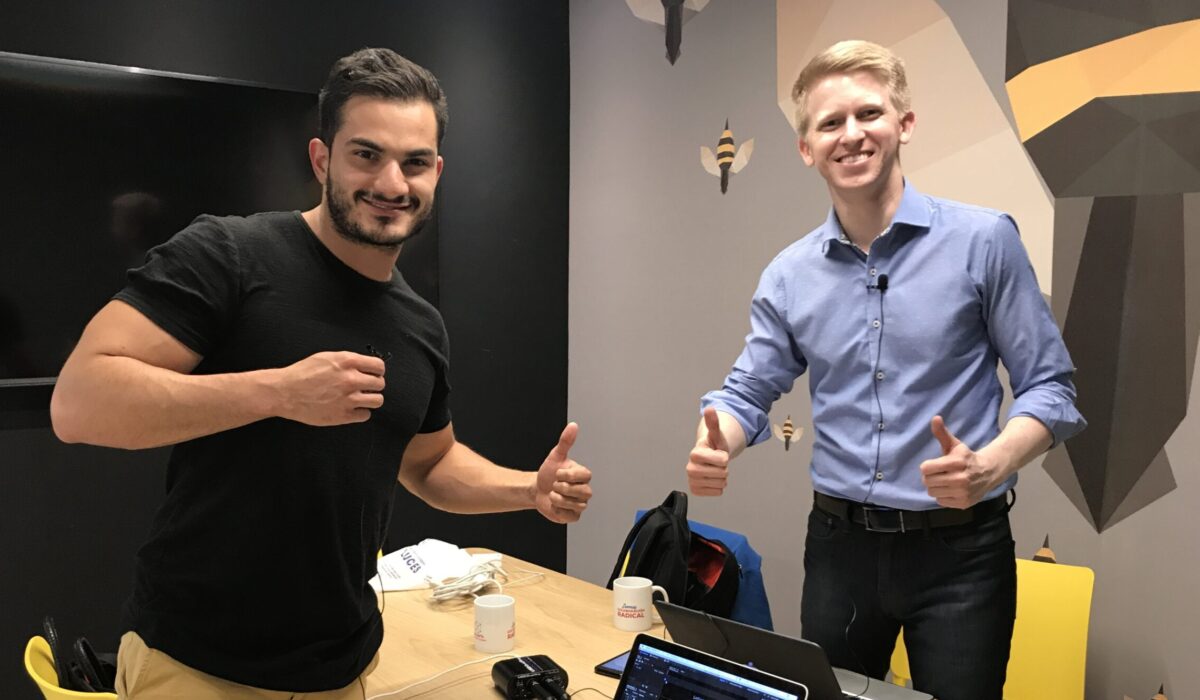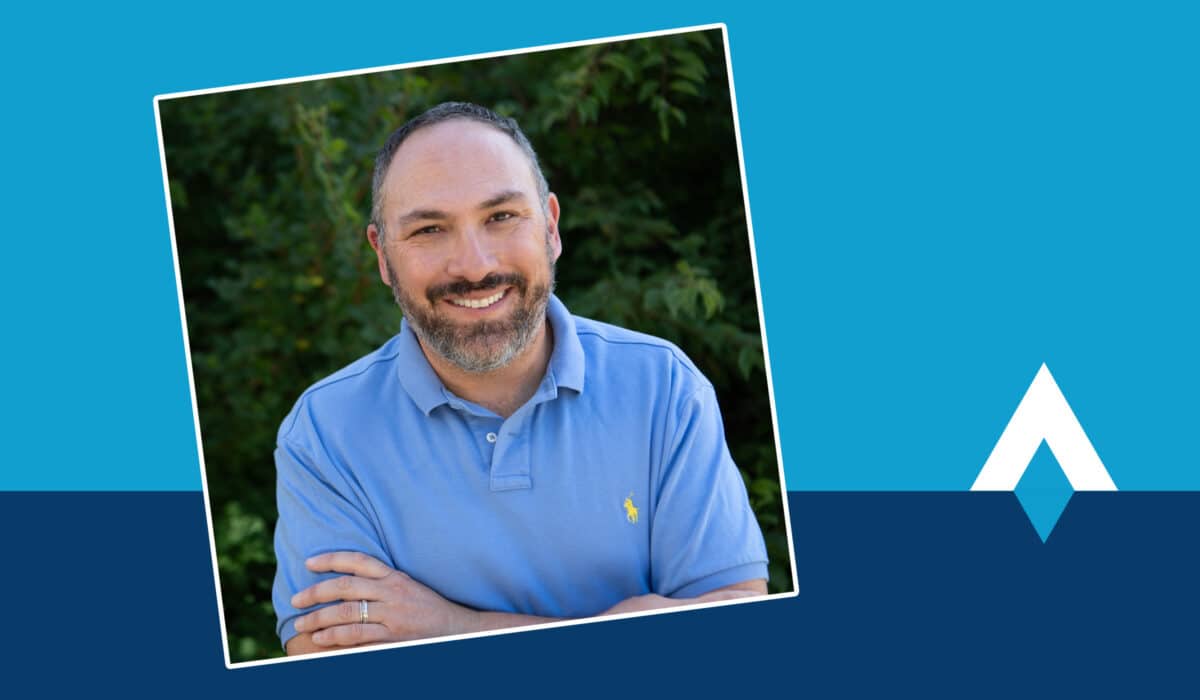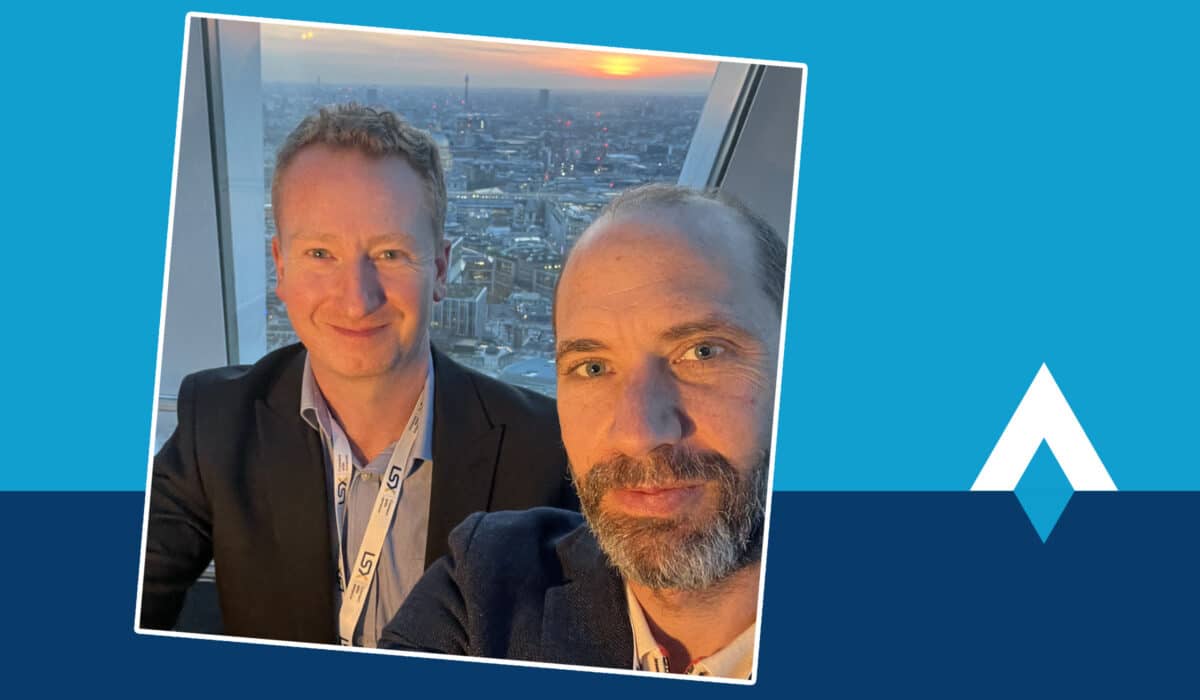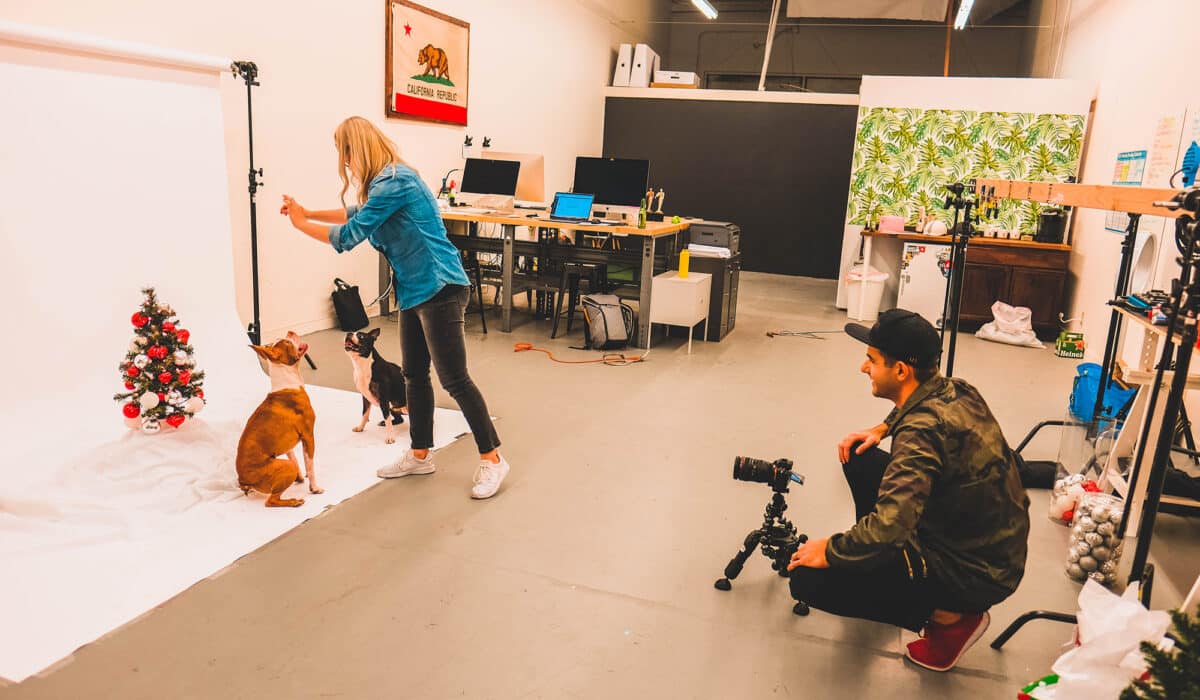In 2015, web developer Gabe Murillo established an online podcast editing and production company, PodcastPress.
At first, Murillo imagined running a traditional startup — raising a lot of money, handing over equity and growing as quickly as possible. But the entrepreneur, based in Baton Rouge, Louisiana, ended up choosing a different path. Instead of pursuing traditional investors, PodcastPress raised $250,000 in equity-free grants through the Arch Grants accelerator, the Puerto Rican nonprofit startup program Parellel18 and the international accelerator Start-Up Chile.
“That [funding] was a tremendous lever for me to scale the company,” Murillo said.
With the boost from the grants, Murillo was able to partner with podcast industry influencers to grow his productized services through an affiliate program. After four years, PodcastPress had grown to more than 200 clients.
The limits of being a solo founder of PodcastPress
As the founder, Murillo wore many hats and focused mainly on product development and marketing. He was in charge of partnerships, running ads, managing the team and overseeing grant funding.
He streamlined and outsourced the business’s key service: podcast production.
“One of the biggest challenges was finding and hiring reliable podcast producers [who wanted] a full-time role,” said Murillo. “We solved this by establishing operations in Latin America and partnered with local universities to find premium talent.” He then hired that talent as contractors.
Murillo relied on paid advertising, influencers and an affiliate program to scale the company. He had some search engine marketing experience and was able to increase the impact of paid media for the company by partnering with performance marketing agency KlientBoost.
By 2019, Murillo had grown tired of working alone and decided to sell the business.
“I realized, to grow, I needed a leadership team and somebody with whom I could share the challenges and the wins,” he said.
With that realization came another: He’d have to raise a lot more capital to build that team. Or he could look for an exit and let someone else take over the business’s continued growth.
“I always wanted to maintain a healthy lifestyle with more focus on family, lifestyle and enjoying the ride versus growing at all costs,” Murillo said.
What a broker can — and can’t — do for your business
Murillo listed PodcastPress with broker FE International for mid-6 figures and sold the company for that amount in November 2019. The buyer was a private tech investor with expertise in media buying who planned to continue to scale the business with paid traffic.
Murillo stayed on through March 2020 to transition the company to the new owner. PodcastPress’ website, PodcastingPress.com, now redirects to Barevalue, a pay-as-you-go podcast editing service.
This was Murillo’s first time selling a company. After placing the listing, he found himself out of his element in conversations with potential buyers. He wasn’t sure what information to share on those calls, and found it challenging to say no to buyers who weren’t a fit.
Without knowing what to expect, he’d hoped the broker would offer more support, and he found himself disappointed.
“The broker’s job was just to help sell, period, and help the buyer and the seller complete the transaction,” Murillo said. “Not necessarily get the best for me as the seller.”
(Note from the editor: We’ve talked with other sellers who’ve been happy working with FE International, which is a competitor of Murillo’s new business.)
Now that he’s gone through the experience, Murillo advises other entrepreneurs to work with a seller advisor in addition to an M&A broker. Brokers connect you with potential buyers, but it’s not always their job to tell you whether the offer is a good fit for you. This can be confusing because some brokers also call themselves advisors. An advisor can help you ask the right questions and vet potential buyers to determine whether an offer is a good deal for you and your company.
Murillo recommends talking with other entrepreneurs who’ve sold businesses, too, to get a better idea of what you don’t know before diving into the process.
“I’ve been meeting a lot of people [who’ve sold businesses], and they’re extremely generous,” Murillo said. “They want to talk to other people that are wanting to sell — without selling a service or anything. Really, they just want to help.”
After selling, Murillo’s biggest challenge was figuring out what to do next.
“I went into a challenging transition personally by having no clients, no team, no engagement,” he said. “I found myself lost and overwhelmed by the many options and opportunities, and having fear of chasing just one path versus the other.”
He took a break from working for almost two years to travel, rest and recharge. Now he’s focused on offering the service he wished he’d had as a green entrepreneur: acquisitions advising. He’s the co-owner of Trility Partners, offering consulting for business owners and investors.



